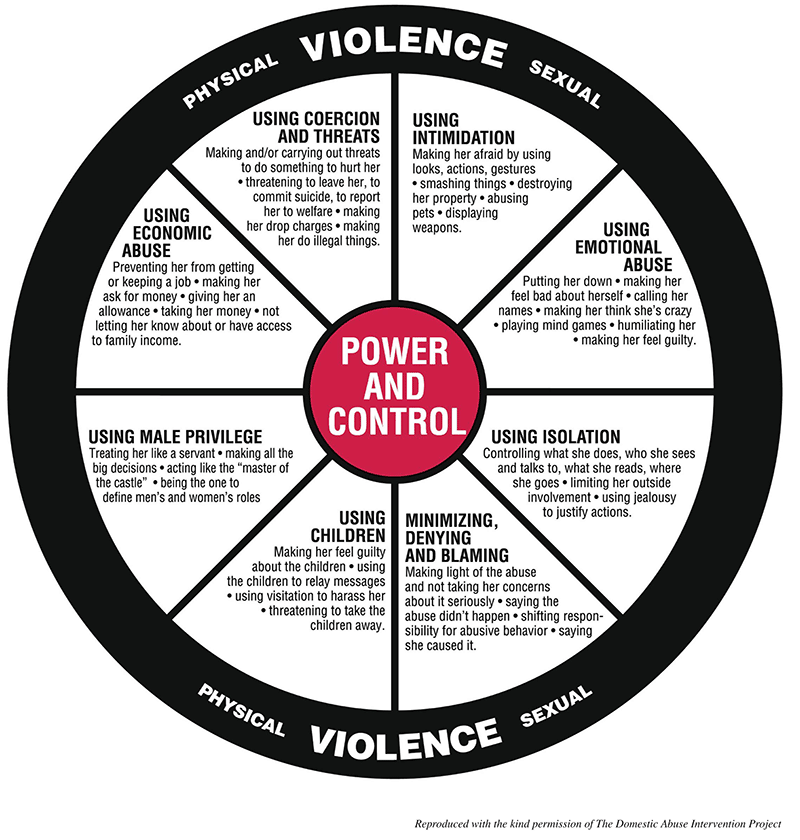

Alofimua Genevieve Sang-Yum says more awareness is needed around controlling behaviours.
Photo/Composite: Supplied/Unsplash
Call for awareness on stalking and control in Pacific communities
With new laws treating stalking as a standalone offence, a family violence advocate urges education on the difference between love and control.




Tyrun re-imagines Niuean love in smooth new R&B single ‘Fila’

Digital Lifeline: New app helps Sāmoans abroad reclaim their heritage




Tyrun re-imagines Niuean love in smooth new R&B single ‘Fila’

Digital Lifeline: New app helps Sāmoans abroad reclaim their heritage
Warning: The following article discusses abuse and suicide.
A Pacific family violence advocate supports reforms to anti-stalking laws, but warns that stalking behaviour continues to be normalised in some Pacific communities.
Recent legislative changes allow stalking to be treated as a standalone offence, with a maximum penalty of five years in prison. A person can now be held accountable after two incidents of stalking or harassment within two years, a shift from the previous requirement of three incidents within one year.
Alofimua Genevieve Sang-Yum, founder of Weave Family Solutions, welcomes the changes and says more awareness is needed.
“For us as Pacific people, love means we're there to care for each other, and most of our people tend to not see that as abuse where there's constant text messaging, checking up on one another,” she says.
“It’s very common for a lot of our family, church members to visit each other regularly, so they don’t see that as stalking. But it can be used as an excuse, and there is a big difference between those visits and showing up unannounced, which is a way that can cause fear or pressure.”

Image/The Domestic Abuse Intervention Project
Sang-Yum conducts culturally-sensitive workshops and training to prevent family violence and says cultural and religious dynamics can create unhealthy expectations of submission and compliance.
“I've worked with women whose partners constantly message them, showing up uninvited at work or demanding that they stay on video calls all day at work to prove that they're not talking to other men,” she says.
“Some have had to hand over their work laptop so that their partners can check for any hidden files or emails, or they're watched by family members like a mother-in-law who asks where they're going, tells them to stay home.”
The law changes will take effect at the end of June, and Justice Minister Paul Goldsmith says the tougher approach prioritises victims.
“This change better recognises patterns in stalking behaviour and time that can pass between incidents,” he says in a statement. “Stalkers have been able to evade real consequences for their actions for far too long.”
Watch Alofimua Genevieve Sang-Yum's full interview below.
When love becomes an obsession
Sang-Yum, a former social worker, says reports of stalking are rare in Pacific communities, but they accompany other forms of abuse. She recalls the tragic case of Toakase Finau as an example of how family violence and stalking can intertwine.
“Her partner repeatedly followed her, kept track of her movements, and isolated her from her family. She even moved out of Auckland to get away from him, and he found her.”
Sang-Yum warns against overlooking controlling behaviour, even from prominent figures. For example, a Penrith Panthers rugby league player was recently cleared of allegations of stalking and hitting his wife.
“Despite these serious allegations, much of the community, which were also Pacific people, focused on his sports achievements and potential return to the game, but totally dismissed the abusive behaviour,” she says. “That kind of response can marginalise the experiences of victims and silence these important conversations about abuse in our Pacific communities.”

Toakase Finau was murdered by her estranged partner Viliami Latu in 2021. He then took his own life. Photo/Facebook
A positive pathway forward
To combat these dangerous norms, Sang-Yum calls for culturally-sensitive education from social service agencies, including input from Pacific advocates, lawyers, and judges who can offer a Pacific cultural perspective.
“They can help our people understand what respectful culture is and what abuse is, and know that difference as well.”
Sang-Yum outlines red flag behaviours such as showing up at someone’s workplace unannounced, inspecting someone’s phone, demanding GPS tracking, or over‑monitoring finances.
Most importantly, she argues that boundaries and consent must be reframed within Pacific values.
“Our values are not abusive. Love for us means caring for one another, supporting one another and giving that space to grow. It doesn’t mean control.”

Stalking can include using GPS to track a person's whereabouts without their permission. Photo/Unsplash
How to get help
If you're in danger now:
Call the police on 111 or ask neighbours or friends to call for you.
Run outside to find other people and scream for help so your neighbours can hear you.
Take the children with you. Don't stop to grab anything else.
If you are being abused, remember it's not your fault. Violence is never acceptable.
Where to go for help or more information:
Women's Refuge: Crisis line - 0800 REFUGE or 0800 733 843 (available 24/7)
How to hide your visit:
If you are reading this information and you're worried that someone using the same computer will find out what you've been looking at, you can follow the steps here to hide your visit. Each of the websites above also has a section that outlines this process.